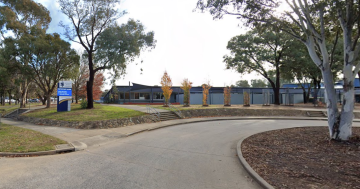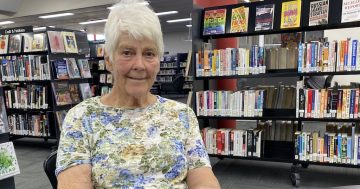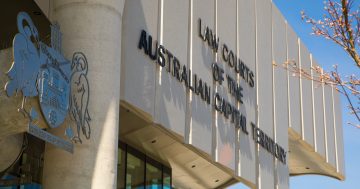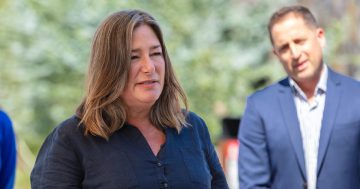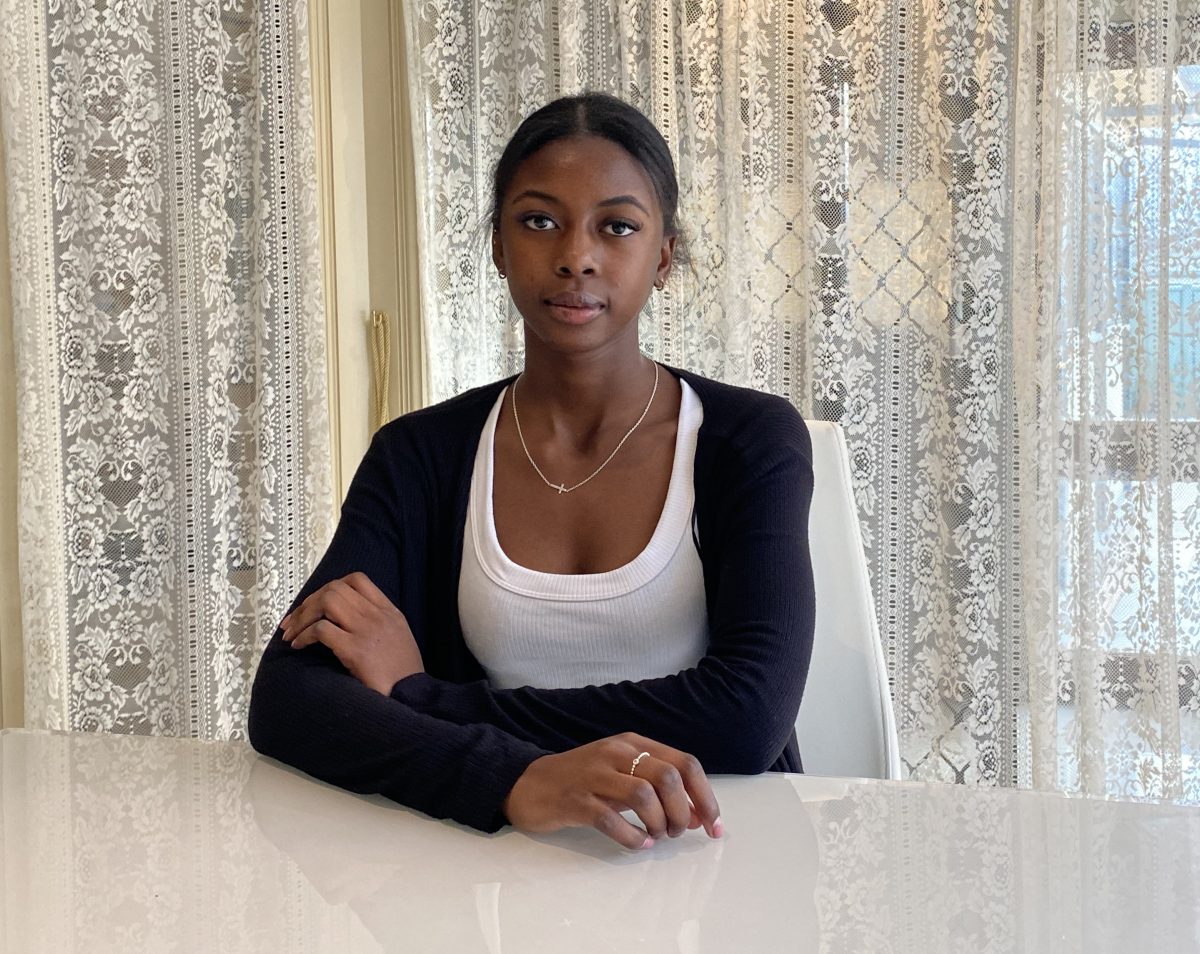
Maka Zanga was sharing her experiences of racism in the hopes of creating change. Photo: Claire Fenwicke.
Maka Zanga was in Year 9 when she experienced racism in the classroom for the first time.
“One teacher used the n-word … I called it out but he said it wasn’t aimed at anyone,” she said.
The 18-year-old studied at St Francis Xavier College from Year 9 until Year 12.
Maka said there was an instance where she had been called a racial slur by a fellow student, which the school dealt with appropriately.
However, she was disturbed by the lack of accountability that appeared to apply to teachers.
“It gives the impression [to students], if a teacher can say it, why is it a problem when I say it?” Maka said.
Maka decided to speak now as she felt actions she tried to take when she was at school were dismissed and not taken seriously.
When a younger brother also at the school began reporting similar experiences, she wanted people to know that this was not OK.
“When I had spoken with the principal, I was told if I didn’t like being there, I should leave the school,” Maka said.
“My brother said a teacher had used the n-word in front of his friends, and when they asked why she did that, she said, ‘well, you say it to your friends, so why can’t I?'”
Maka explained while she understood the argument some people could make about why they could use such a racial slur, to her personally, it wasn’t appropriate.
“I understand both sides, the thought is if we can’t use it, then you can’t use it, but there’s a history there,” she said.
“If it’s in your everyday vocabulary, if you’re listening to that kind of music, it can slip out, but that’s very different to a school situation.”
She said her brother had been called into a ‘multiculturalism class’, but when he arrived, there were only other black students there.
“No parents were notified … when they found out, they were mortified,” Maka said.
She had called out another teacher who claimed they couldn’t be racist because of their country of origin.
“I was called into an office and told, ‘you can’t call a teacher racist, that’s a bad word to throw around’,” Maka said.
“The next day I went to the class [with the same teacher] and I was told I couldn’t go that day because the teacher felt uncomfortable. It was really confusing for me.”

Maka attended St Francis Xavier College from Year 9 to Year 12. Photo: St Francis Xavier College Facebook.
Maka’s father, George Zanga, is a teacher but at a different Canberra school.
He said while he understood subtle racism could happen without someone realising the impact of their actions, that didn’t excuse the effect it had on his children.
“I don’t want kids to be rude to teachers … but if they feel something is going on, you need to listen to that,” Mr Zanga said.
“Subtle discrimination can be so hard to detect, but you can feel it … if you’ve never been in the shoes of someone who has been discriminated against, if you did, you’d understand that when they speak out, you need to listen to them.”
Mr Zanga detailed his reaction when he found out his son had been called into a ‘cultural awareness’ course, only to discover it was filled with students of his own race.
“I don’t know if it was deliberate or if the school wasn’t aware, but it’s doing more harm than good,” he said.
“As an adult, I have some kind of shock absorbers to this kind of thing, but my son is there and he just feels it. He just wants to get out of there.”
Mr Zanga described St Francis Xavier College as a “lovely” school before these issues started to arise.
“The problem is there. They need to fix this problem,” he said.
“I’m angry when they suggest finding another school … you’re responsible for addressing the culture of the school.”
Mr Zanga said a holistic approach was needed involving all cultures present at the school.
He urged all schools with students coming forward with similar complaints to “address the elephant in the room”.
“It’s a time bomb. It’s a matter of time before things get out of control,” Mr Zanga said.
“Be proactive, don’t wait until the problem comes.”
St Francis Xavier College principal Paul Carroll said the school was a welcoming community for all people and a place where students felt safe and included.
“We are proud of the support we provide to ensure a positive learning environment and to cultivate the values of truth, courage and love of learning,” he said.
“Pastoral care of our students is of the highest priority.”
He noted the school had students with 69 different cultural backgrounds, and the school followed the BRACE model to “enable students to feel connected, welcomed and included”.
“BRACE stands for belonging, routine, attachment, capacity and emotions,” Mr Carroll said.
“If the person making these claims would bring the details to me, I will act on them immediately.”
Racism has been identified as a key issue for children and young people in the ACT.
Children and Young People Commissioner Jodie Griffiths-Cook said her office had heard when children reported racism in Canberra, responses were often considered “inadequate”.
“We are being told by children and young people that they want adults to talk about these issues and to support them effectively when they experience racism,” she said.
“So we need to educate ourselves about the best ways to do this so we are not brushing aside their concerns, but also not compounding the harm.”
While she was not aware of the situation at St Francis Xavier College, Ms Griffiths-Cook stressed there was no occasion when using a racial slur in an educational setting was acceptable.
“It has the potential to alienate and traumatise students and make the classroom less accessible to them,” she said.
“Language is powerful … I can’t imagine there are any circumstances in which doing so is OK.”
The Children and Young People Commission was running a survey asking young people to report their experiences of racism in the ACT to inform better responses to this issue.
“While as adults we can say all the usual things like ‘make sure you tell a teacher or parent’, or make a complaint, we have heard that when children and young people do this, they often feel their concerns are dismissed or diminished,” Ms Griffiths-Cook said.
“Part of what we hope to find out through our consultation are the things that children and young people believe need to happen to better respond to and address racism in the ACT, in ways that work for them.”
For Maka, she hoped her story would generate change.
“No student should have to move schools because of the teachers and the culture they’re creating.”












